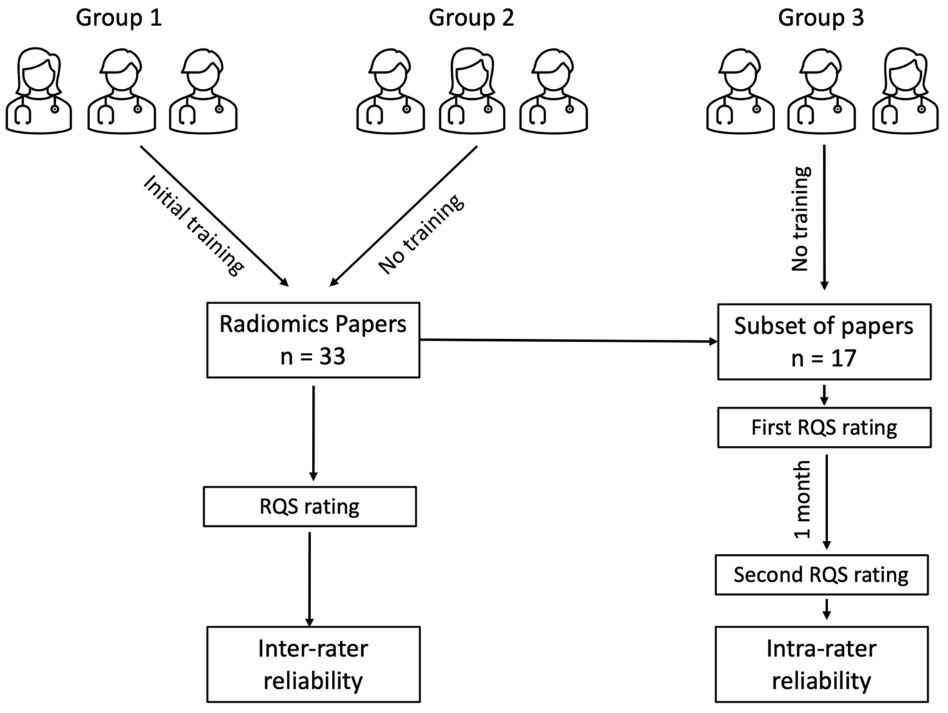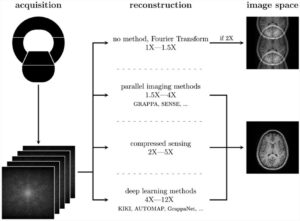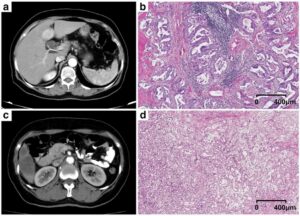The rapidly evolving field of radiomics research holds the potential to revolutionize medicine by transforming diagnostic images into quantifiable data. Assessing the quality of radiomics research is challenging and requires reliable tools for standardization. Our results, published in European Radiology, have revealed some room for improvement regarding the reproducibility of the widely used Radiomics Quality Score (RQS). We recruited multiple raters with different levels of expertise to evaluate the intra- and inter-rater reliability of the total RQS and the scores of its individual items. The results revealed that both the overall RQS and the scores of its items exhibit low reproducibility, emphasizing the need for a robust and easy-to-use scoring system.
To address this need, a new scoring tool, METhodological RadiomICs Score (METRICS), was developed by an international group of researchers using the Delphi method. METRICS aims to provide a reliable and efficient way to assess the quality of radiomics research. METRICS is user-friendly, and its dedicated web tool (https://metricsscore.github.io/metrics/METRICS.html) makes it even easier to use in large-scale systematic reviews. Furthermore, by adhering to CheckList for EvaluAtion of Radiomics research (CLEAR), a radiomics-specific step-by-step reporting guideline, the research community can substantially advance the standardization and quality of radiomics studies.
As the field of radiomics continues to evolve, reproducible radiomics studies are becoming increasingly necessary. User-friendly and reproducible assessment tools will help researchers to easily follow a standardized approach, which will ultimately promote the radiomics reproducibility and benefit researchers and clinicians, as well as patients.
Key points:
- Radiomics quality score has been widely used for the evaluation of radiomics studies.
- Although the intra-rater reliability was moderate to excellent, intra- and inter-rater reliability of total score and point-by-point scores were low with radiomics quality score.
- A robust, easy-to-use scoring system is needed for the evaluation of radiomics research.
Article: Reproducibility of radiomics quality score: an intra- and inter-rater reliability study
Authors: Tugba Akinci D’Antonoli, Armando Ugo Cavallo, Federica Vernuccio, Arnaldo Stanzione, Michail E. Klontzas, Roberto Cannella, Lorenzo Ugga, Agah Baran, Salvatore Claudio Fanni, Ekaterina Petrash, Ilaria Ambrosini, Luca Alessandro Cappellini, Peter van Ooijen, Elmar Kotter, Daniel Pinto dos Santos & Renato Cuocolo for the EuSoMII Radiomics Auditing Group













